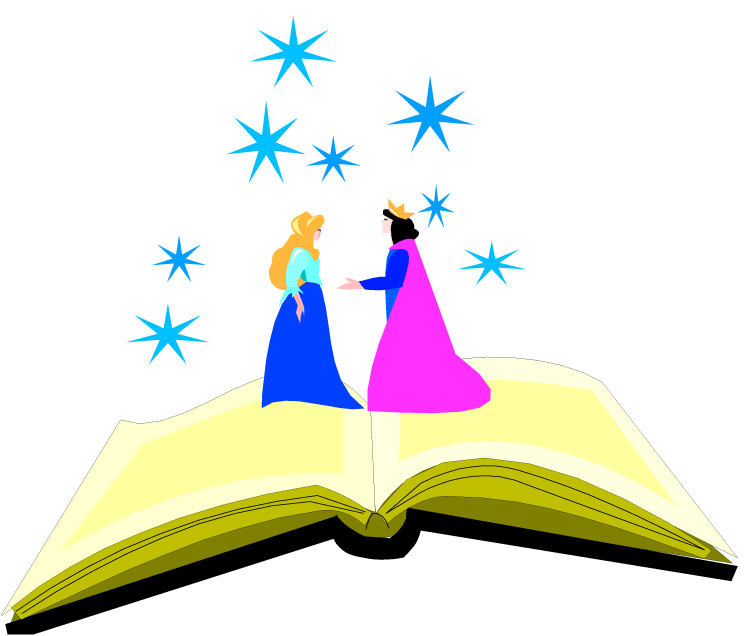Many people in churchianity are content to dismiss the Torah merely as Jewish fables having little or no relevance to Christians. Yet, the same preachers will passionately promote Christmas trees, Santa Claus and Easter bunnies. So what’s wrong with this picture?
Titus 1:14, Jewish fables. Many Bible teachers in the mainstream church teach that this verse refers to the Torah. They use it in attempting to prove that the commandments of the Torah are no longer valid for believers. Is this correct? In reality, Paul can’t be referring to the Torah here without contradicting himself elsewhere. In numerous places, he strongly upholds and defends obedience to the Torah (Rom 3:31; 7:7, 12, 14; 13:8–10; 1 Cor 7:19; 9:21; Gal 3:10; 6:2; 2 Tim 6:14; Tit 2:14) and even claims to follow it himself (Acts 21:24; 24:1425:8; 28:17; 1 Cor 9:21). He must be talking about the Jewish traditions of men, which Yeshua said in Matthew 15:3–9 and Mark 7:7–9 make of non-effect the word of Elohim.
In fact, this is exactly what Paul is referring to here in this verse when he says “Jewish fables and commandments of men.” This is not a reference to the Torah the commandments of which came from YHVH Elohim, and not from men. In the same verse, Paul contrasts these commandments of men with “the truth” from which men have turned away. What is this truth? The Bible defines its own terms. Elohim is the source of truth (Deut 32:4 cp. Pss 86:11; 89:14; 117:2), he is truth (Ps 25:10; 31:5; 33:4), and his Torah is truth (Ps 119:142, 151).
One example of a Jewish fable and a commandment of men would be the idea that one can’t be saved unless they’re first circumcised, which was the subject of the Acts 15 council. Paul vehemently fought this Jewish fable, and the whole Book of Galatians, for example, largely deals with this issue. If Paul had meant the Torah when mentioning “Jewish fables” then this makes Paul into a schizophrenic liar (since he promotes and lauds the Torah and claims to follow it elsewhere), and it makes the word of Elohim contradict itself, and it puts Paul at odds with Yeshua who upheld the Torah (Matt 5:17–19) and with himself when he said to imitate Yeshua the Torah-keeper as he himself did (1 Cor 11:1).



My name is Chris Stuart and I am a Christadelphian. I would like to know if you could send me some sources on the subject of Jewish Fables, since I am interested in learning about it/them?
The term “Jewish fables” is a quote out of the Bible and it is a pejorative term, therefore it holds no interest to me. Biblically, Jewish fables are something to stay away from if one wants to follow the Bible. If you want to indulge in this, however, I suggest that you check out the Jewish Talmud and especially the Zohar.